la weekly’s ben westhoff wrote an investigative article about the rapper riff raff, in an attempt to lift the veil on his purposely obscured “actual identity.” it seems obvious that his actual identity is that of a coon, a racial caricature, a thin mockery of the genre in which he plays.
but since racism’s latest (and best) gambit is hiding in plain sight, westhoff dedicates his pen to unearthing the racist in question, horst simco (alias riff raff), and assigning him some artistic credence for a minstrel show that white male performers have long used to profit from racism and to embed themselves into the cultural conversation.
the chris rock joke that deftly navigates the racial reality of contemporary society is this: in his neighborhood, his black neighbors are mary j. blige, jay z, and eddie murphy. rock then delivers the punchline, one of the greatest quips of modern racism, boiled to a pretty kernel:
do you know what the white man that lives next door to me does?
he’s a fuckin’ dentist.
four of entertainment’s highest achievers are the 4 black residents in his affluent alpine, new jersey enclave. their excellence earned them a place among the exceptional white…dentists of the world. meaning, for him to live in that million-dollar home, he had to do something rare at an incredible level. but for a white guy of similar age and means, dentistry was enough.
terminal illness
i wasn’t around when hip-hop died. but i did witness its diagnosis of terminal illness. in 1998, when i was in high school, ben lyons brought the “slim shady” cassette into our student lounge. lyons, who is now a television host and film correspondent, swore up and down that this white guy from detroit was the next best thing in rap music. and i flatly couldn’t believe it. i refused to cede my generation’s genre of black music to white appropriation, having learned about the fate of rock-and-roll and jazz before it. but then i heard the tape and knew rap, too, would meet that fate.
slim shady or eminem or whatever he wanted to be called had to do what so many black men in white-dominated areas had done before in order to stake his claim. he had to be the “best” (or near the best) at something to withstand the bias in rap music toward black male artists. his lyricism, and specifically his ability to freestyle “off the top,” vaulted him to the top of the rap battle scene and eventually the music world, in general. but i realize now, it wasn’t so much slim shady’s emergence that rankled me that day. it was ben lyons’s endorsement of slim shady as something to watch that burned me to the core.
at my prep school in new york, during the 90s, it was especially “cool” to like hip-hop music and to emulate the styles therein, to adopt the phrasing and spontaneity of the culture. and it made sense because hip-hop was the biggest thing in the world culturally at the time, so adolescents looking for something definitive and edgy and rebellious needn’t look much further than the wu or bad boy records for their examples. rap artists wore expensive ornaments, flipped everything so it was upside-down or backwards, and gave american culture itself a make-over that it took years to shake off. the sons of privilege at my school, in one of the wealthiest areas of manhattan (how’s that for redundancy), were no different.
lyons invited groups of kids over to his grand apartment in midtown to freestyle over his turntable set, and to compare new rap releases. when we graduated, he chose to forgo college to launch a career in entertainment, at first founding a record label with one of my classmates as his flagship rap artist (a black student who had been admitted to harvard university), and to produce a hip-hop interview show that aired on a national network. at 19, ben’s ambition had him rubbing elbows with jadakiss, shooting videos with dru ha and the boot camp clik, and exploring the world of rap celebrity when it was at its certain apex. but then better opportunities came along, and ben veered away from hip-hop as his wheelhouse. his father is a renowned film critic and he chose (perhaps wisely) to follow in that path, rather than toiling at producing shows for an art form that was already, at least commercially, on the decline.
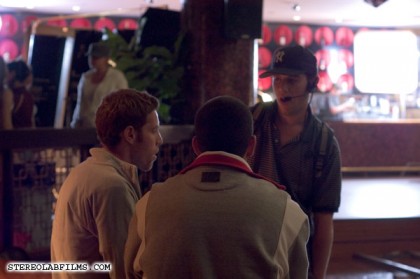
that kind of engagement with black culture was unsurprising to me. in hindsight, it was what white culture had done most effectively with black culture: a leveraged buyout. lyons had benefited from the explosion of hip-hop culture, as so many had, and when it seemed slightly less valuable, he sold his shares for an affiliation with something more viable, more relevant, and ultimately more mainstream. i don’t doubt that he is a fan of the art form now, or that he was then. (in 2005, when a classmate of his texted him about what it was like to pal around with film star shia labeouf, ben’s reply text read: ‘luvs weezy. hates cam.’) what i understood in ’98 though, was that the culture that shaped me and had permanently diffused itself into my brain and my art, was not some sacred idol to all of its admirers. to interlopers and traders, it was simply a commodity, one that would inflate and deflate over time, and the “blackness” of it had no particular special meaning other than something vaguely associated with the people who created it Way Back When.
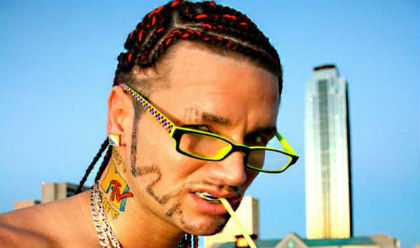
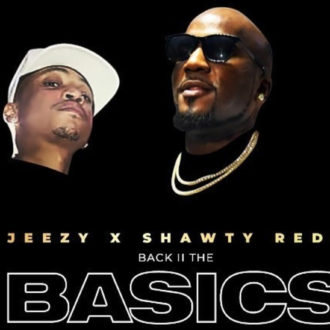


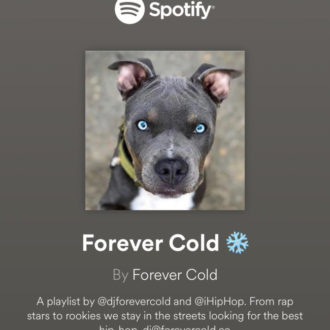
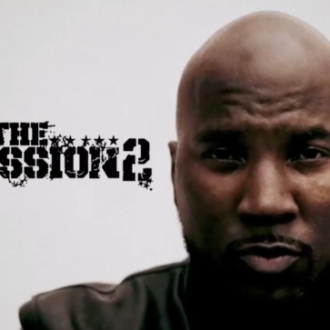


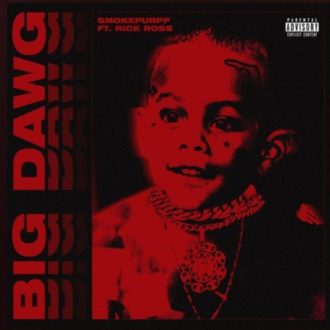
I’m feeling this more… http://www.youtube.com/watch?v=JZZPazxsQXk